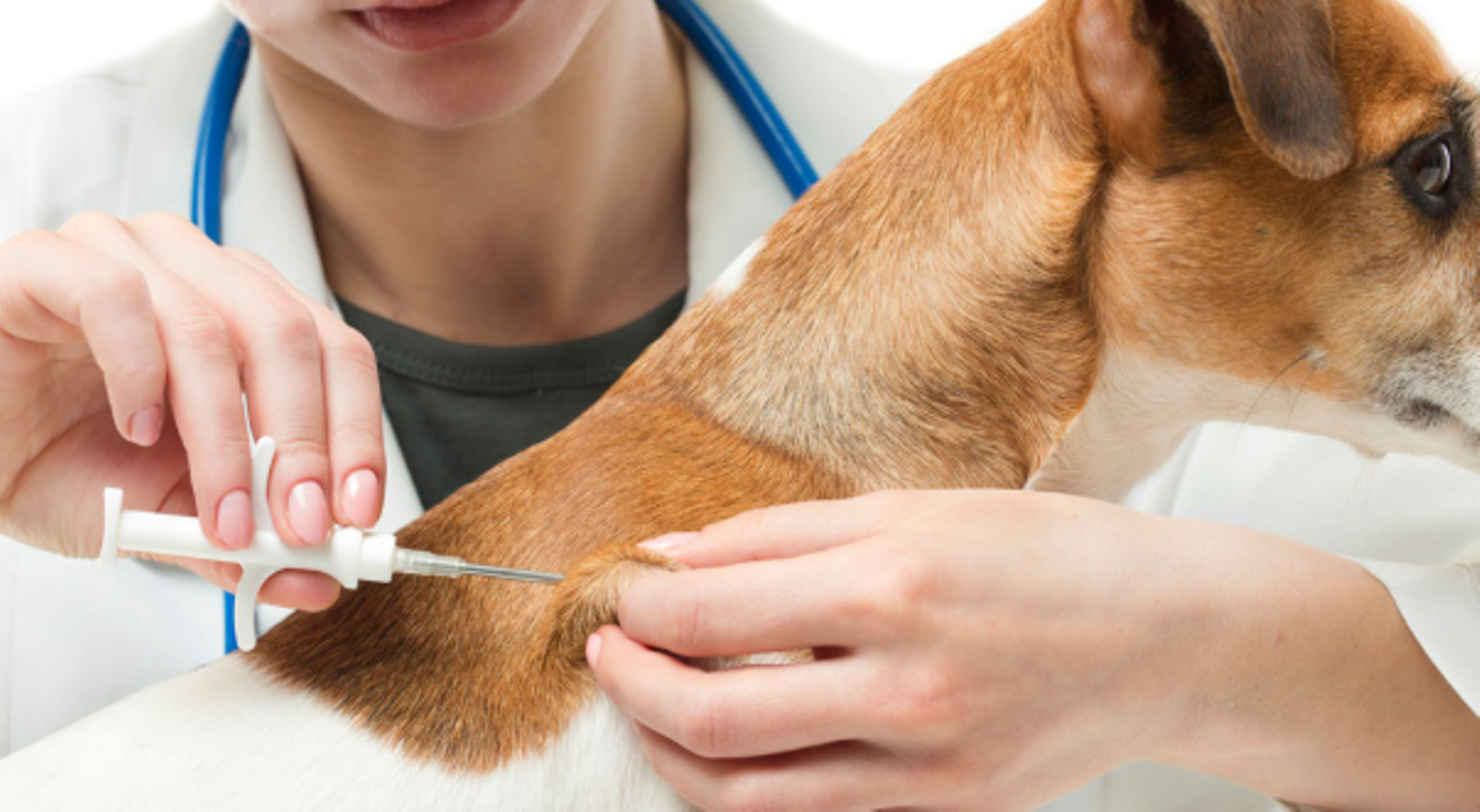The Importance of Animal Vaccinations for Your Pet’s Health and Safety
Ensuring the health and safety of your pet is a responsibility that every pet owner should take seriously. One of the most effective ways to protect your furry friends from serious diseases is through animal vaccinations. Vaccinations have become a cornerstone of preventive veterinary care, offering protection not only to individual pets but also to the wider community by controlling the spread of infectious diseases.
Understanding Animal Vaccinations and Their Role
Animal vaccinations involve administering a vaccine to stimulate a pet’s immune system to recognize and fight specific pathogens such as viruses or bacteria. These vaccines help pets develop immunity without suffering from the actual disease, thus preventing illnesses that can be severe or even fatal. Common vaccines for pets typically protect against diseases like rabies, distemper, parvovirus, and feline leukemia, among others.
By vaccinating pets, veterinarians aim to reduce the incidence of contagious diseases and safeguard animal populations. Vaccinations are carefully developed and tested to ensure they are safe and effective, making them an essential part of responsible pet ownership.
Health Benefits of Vaccinating Pets
The primary benefit of animal vaccinations is disease prevention. Many infectious diseases that affect pets can cause symptoms ranging from mild discomfort to life-threatening complications. For example, rabies is a fatal viral disease that can be transmitted to humans, making vaccination crucial not only for the pet’s health but also for public safety.
In addition to preventing illness, vaccinations help minimize the severity of symptoms if a vaccinated pet is exposed to the disease. This leads to better recovery rates, fewer complications, and a reduced need for intensive medical treatment. Vaccinated pets generally enjoy longer, healthier lives with fewer veterinary emergencies.
Protecting the Community and Other Animals
Animal vaccinations play a critical role in controlling outbreaks within communities. Pets that are not vaccinated may become carriers of contagious diseases, posing a risk to other animals and humans. For instance, diseases such as canine parvovirus and feline panleukopenia are highly contagious and can spread quickly in places where animals congregate, such as parks, shelters, or boarding facilities.
By ensuring pets are vaccinated, owners contribute to herd immunity, which lowers the overall risk of disease transmission. This communal protection is especially important for vulnerable animals, such as young puppies and kittens or those with compromised immune systems, who might not respond as effectively to vaccines.
Legal and Ethical Considerations
In many regions, certain animal vaccinations are mandated by law, particularly rabies vaccination. Compliance with these legal requirements is essential not only to avoid penalties but also to ensure public safety. Pet owners have an ethical obligation to protect their animals and the people around them from preventable diseases.
Vaccinations also reflect responsible pet ownership by demonstrating a commitment to the welfare of the pet. Regular visits to the veterinarian for vaccinations provide opportunities to monitor the overall health of the pet and catch any potential health issues early.
Choosing the Right Vaccination Schedule
Vaccination protocols vary depending on the species, breed, age, lifestyle, and geographic location of the pet. Veterinarians tailor vaccination schedules to suit individual pets, balancing the benefits of protection against potential risks or side effects.
Puppies and kittens typically receive a series of vaccinations starting at an early age, followed by booster shots to maintain immunity. Adult pets require regular booster vaccinations to sustain protection over time. It is important for pet owners to work closely with their veterinarians to establish and adhere to an appropriate vaccination schedule.
Conclusion
Animal vaccinations are a vital component of comprehensive pet health care. They prevent the onset of dangerous diseases, protect the wider community, and promote a healthier environment for pets to thrive. By prioritizing vaccinations, pet owners demonstrate their dedication to the safety and well-being of their animals while contributing to broader public health goals.
Staying informed and compliant with vaccination recommendations ensures that your pet lives a long, healthy life free from many preventable illnesses. Regular veterinary care, including animal vaccinations, is an investment in your pet’s future and a fundamental aspect of responsible pet stewardship.

